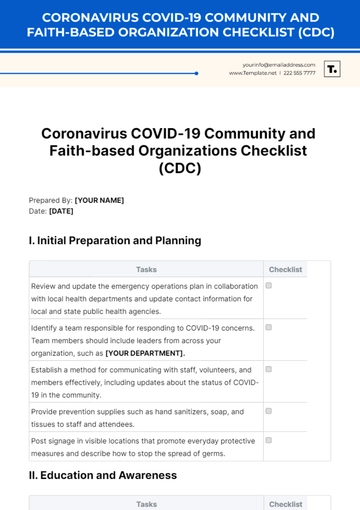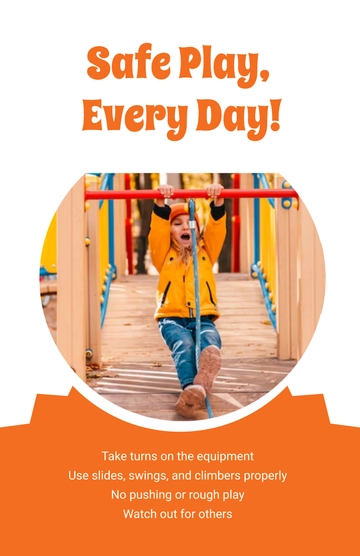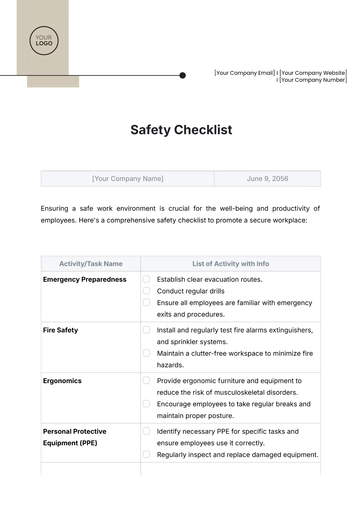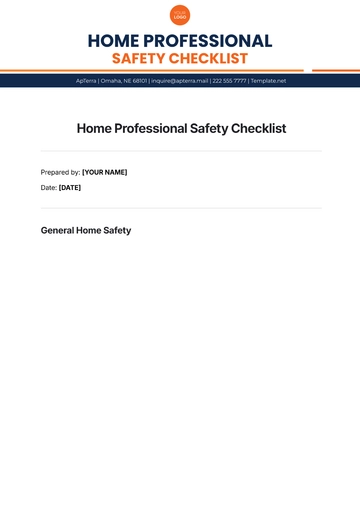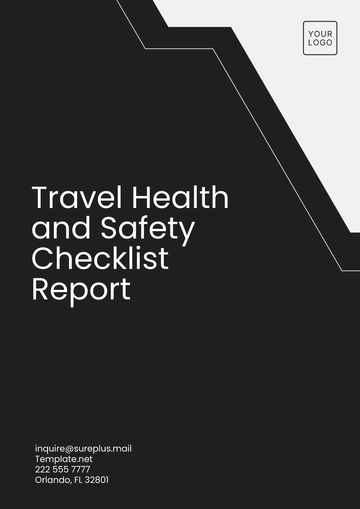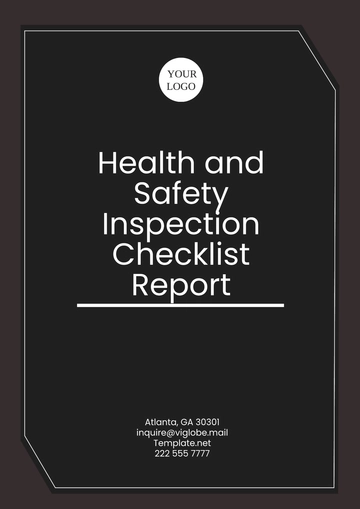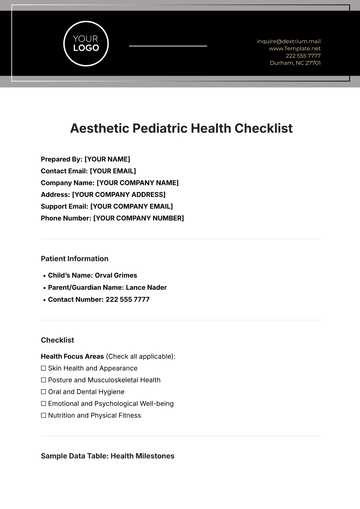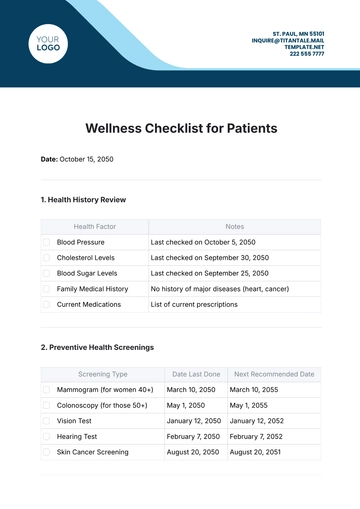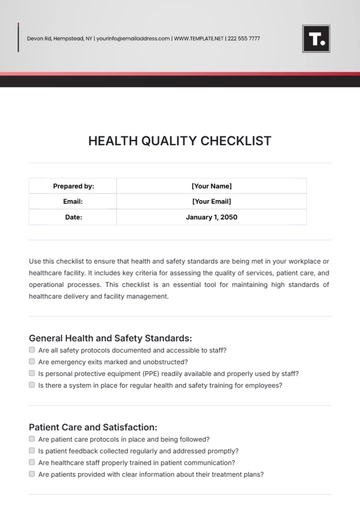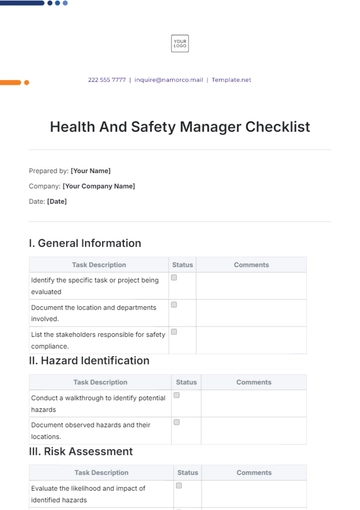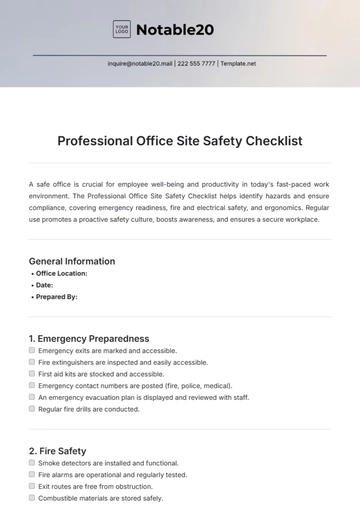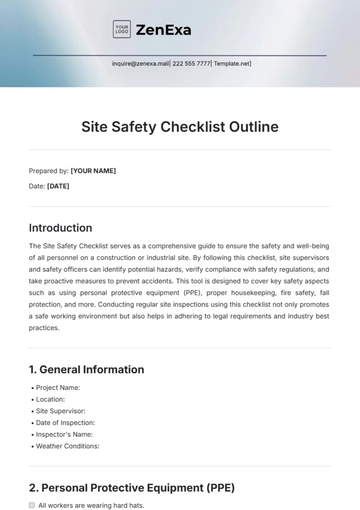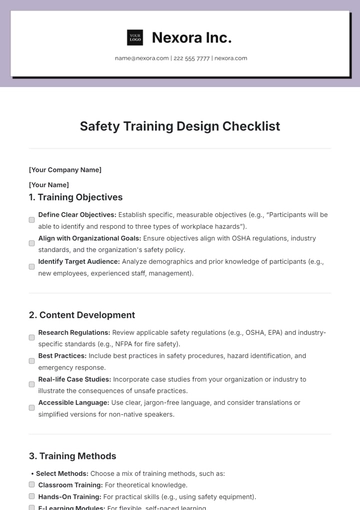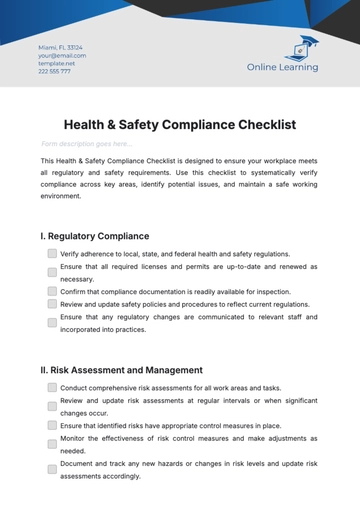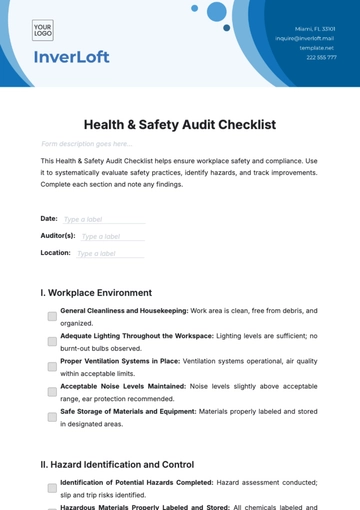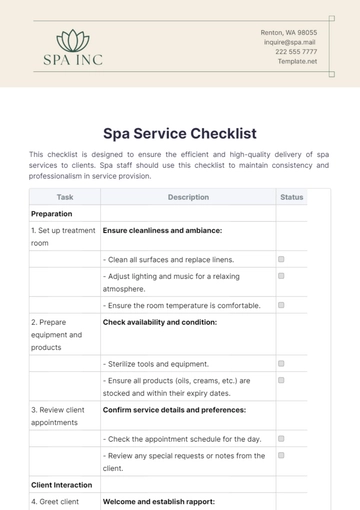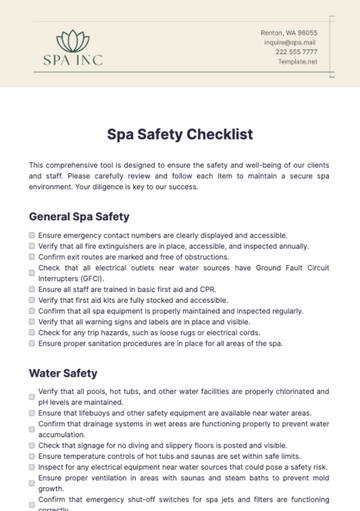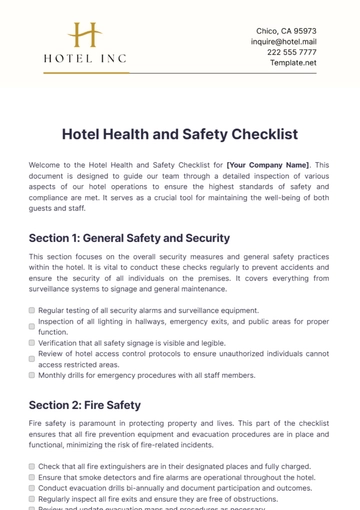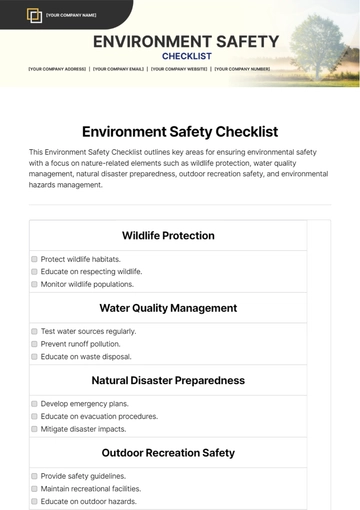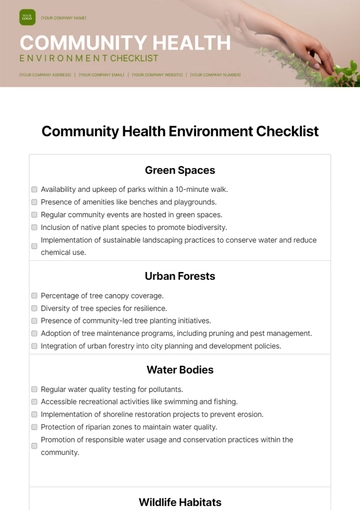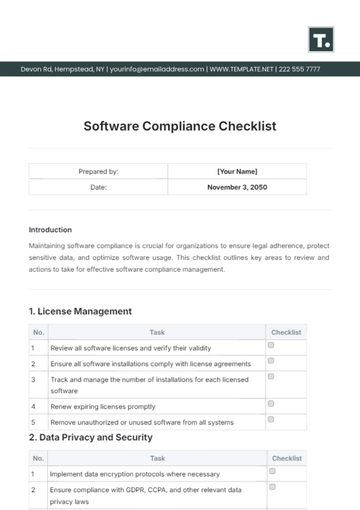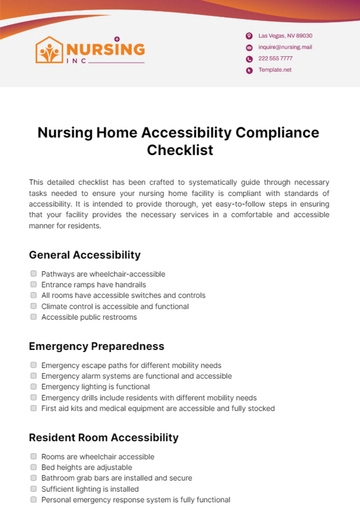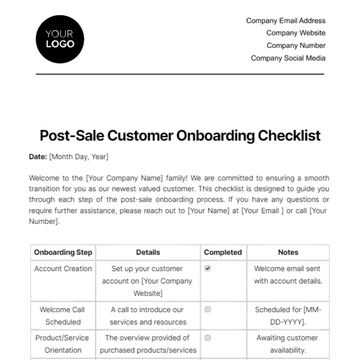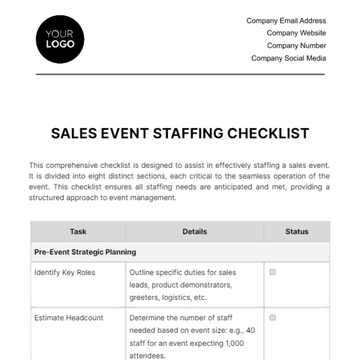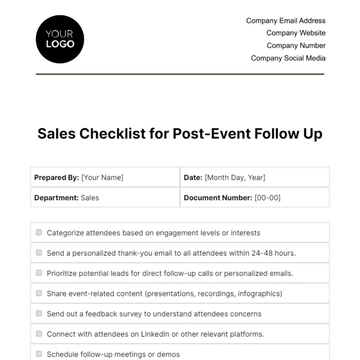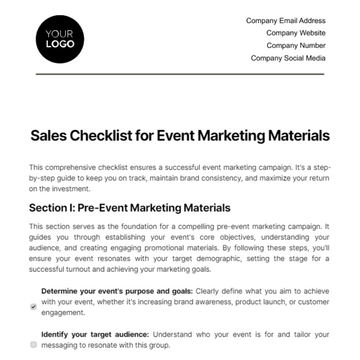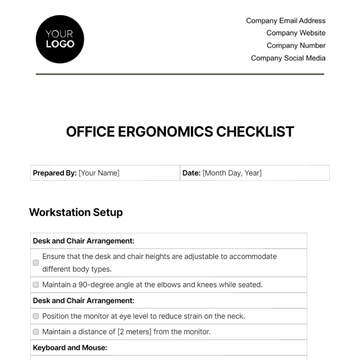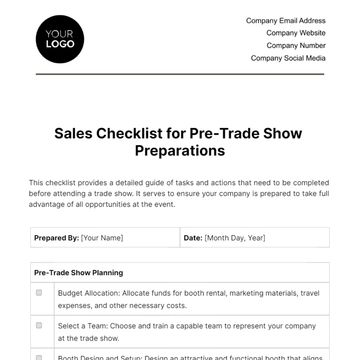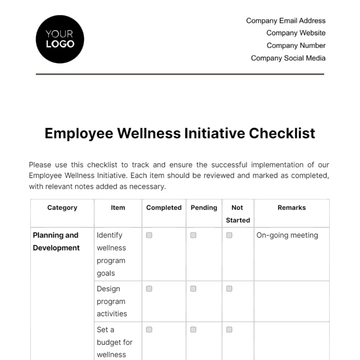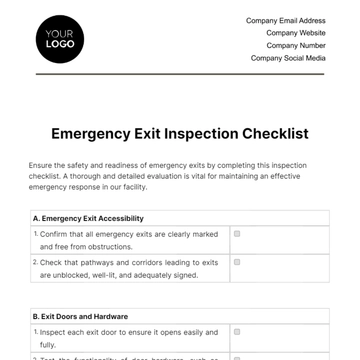Free Sales Checklist for Event Marketing Materials
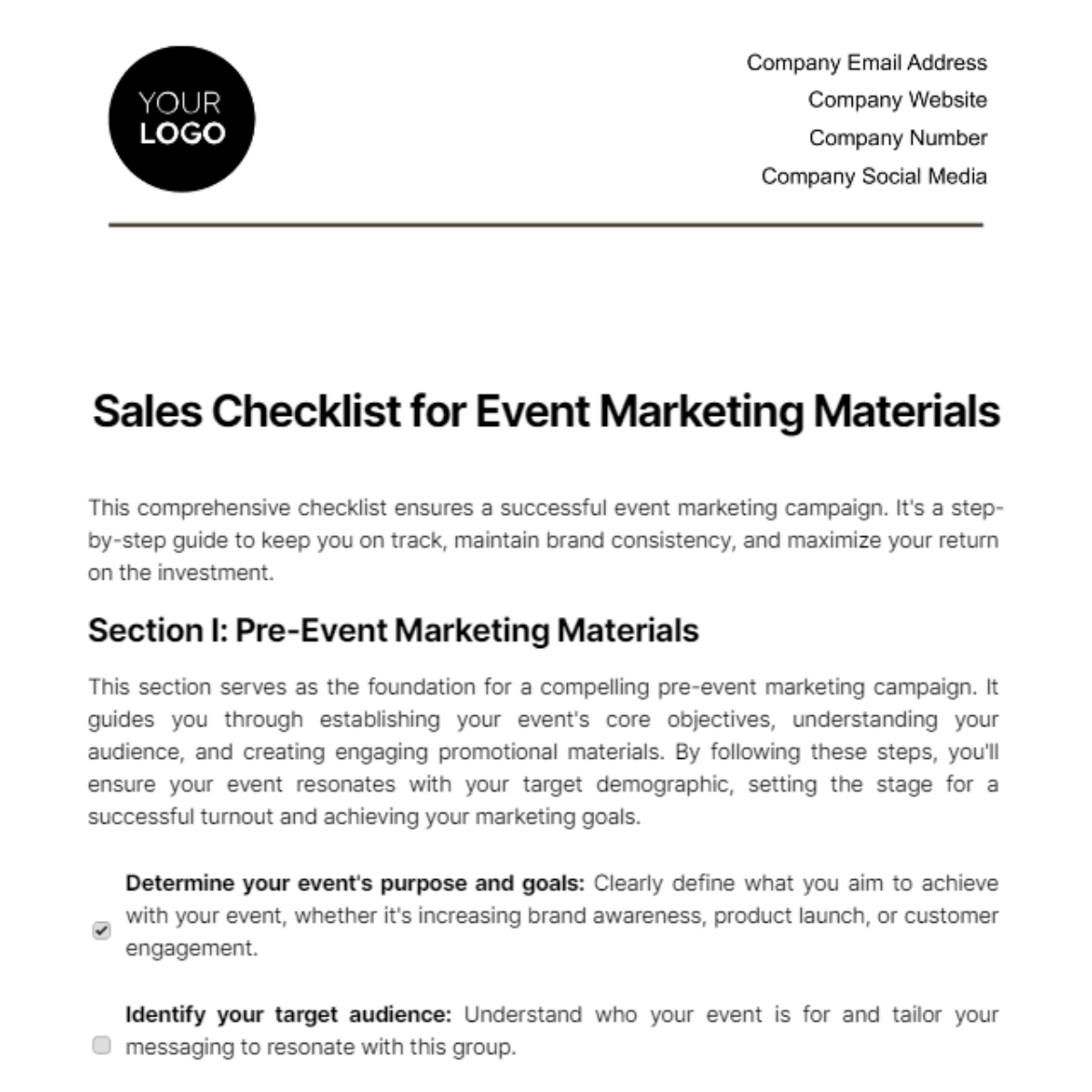
This comprehensive checklist ensures a successful event marketing campaign. It's a step-by-step guide to keep you on track, maintain brand consistency, and maximize your return on the investment.
Section I: Pre-Event Marketing Materials
This section serves as the foundation for a compelling pre-event marketing campaign. It guides you through establishing your event's core objectives, understanding your audience, and creating engaging promotional materials. By following these steps, you'll ensure your event resonates with your target demographic, setting the stage for a successful turnout and achieving your marketing goals.
Determine your event's purpose and goals: Clearly define what you aim to achieve with your event, whether it's increasing brand awareness, product launch, or customer engagement.
Identify your target audience: Understand who your event is for and tailor your messaging to resonate with this group.
Create a compelling event description and branding: Develop an engaging narrative and visual identity that aligns with your brand and appeals to your audience.
Plan, design, and print pre-event promotional materials: From flyers to posters, ensure all materials are professionally designed and printed well in advance.
Post regular updates on social media platforms: Keep potential attendees engaged and informed with regular, enticing updates about your event.
Section II: Event Day Marketing Materials
The success of your event heavily relies on the materials available on the day. This section ensures you have all necessary signage, promotional items, and digital engagements ready to enhance the attendee experience. Proper preparation in this area contributes to a smooth event flow and reinforces your brand's presence.
Ensure banners, signage, and other displays are ready: All visual elements should be in place to guide and inform attendees throughout the event.
Prepare event schedules, pamphlets, or guides for attendees: Offer clear, concise information materials that help attendees navigate the event effectively.
Set up a promotional merchandise booth/stall: Utilize this space to engage with attendees and offer branded merchandise.
Have staff equipped with name badges and uniforms: Ensure all team members are easily identifiable and present a unified brand image.
Implement interactive digital experiences like social media walls: Enhance attendee engagement with real-time digital interactions.
Section III: Post-Event Marketing Materials
This section emphasizes the importance of maintaining momentum after your event. Through strategic communications, press coverage, and engagement analytics, you'll extend the lifecycle of your event, gather invaluable feedback, and set the groundwork for future marketing efforts.
Conduct post-event press coverage: Secure media coverage to extend the event's reach and impact.
Send personalized thank you notes to attendees: Show appreciation to your guests, making them more likely to participate in future events.
Share event highlights on social media platforms: Keep the conversation going and showcase the success of your event.
Send surveys to attendees for feedback: Gather insights to improve future events.
Analyze the success of the event and areas for improvement: Review feedback and performance metrics to refine future marketing strategies.t.
Section IV: Online Marketing Materials
In today's digital age, online visibility is crucial for event success. This section outlines how to leverage web content, SEO, and social media advertising to maximize your event's online presence. By employing these strategies, you'll attract a wider audience and enhance participant engagement.
Develop a comprehensive content marketing strategy: Create relevant and engaging content that promotes your event across multiple channels.
Launch event-specific landing pages on your website: Provide detailed information about your event, encouraging registrations.
Utilize search engine optimization (SEO) techniques: Optimize your online content to ensure high visibility in search engine results.
Plan paid promotions on social media: Target your ideal audience with strategic paid advertising campaigns.
Track analytics and optimize marketing campaigns as required: Use data to continuously refine and improve your marketing efforts.
Section V: Additional Considerations
Beyond the conventional marketing materials, this section delves into the logistical and strategic nuances of event marketing. It stresses the importance of adaptability, clear communication, and continuous engagement, ensuring your event not only achieves its current objectives but also lays a strong foundation for future successes.
Plan for unexpected situations: Always have contingency plans in place for unforeseen events.
Ensure all tasks are delegated to responsible personnel: Clear task assignments ensure every aspect of the event is managed effectively.
Regularly communicate with your team: Maintain open lines of communication to address any issues promptly.
Review your marketing impact on the brand's unique identity: Evaluate how your event marketing strategies align with and enhance your brand.
Continue engaging with your audience post-event: Keep the momentum going with ongoing communications and engagements to build lasting relationships.
Prepared By: [Your Name]
- 100% Customizable, free editor
- Access 1 Million+ Templates, photo’s & graphics
- Download or share as a template
- Click and replace photos, graphics, text, backgrounds
- Resize, crop, AI write & more
- Access advanced editor
Ensure every event is a marketing triumph with Template.net's Sales Checklist for Event Marketing Materials Template. Fully customizable and editable in our Ai Editor Tool, this template optimizes your preparation process. Simplify your tasks, elevate marketing strategies, and transform your events into memorable exposures. Experience efficiency and convenience marketers only dream of with this professional template. Unlock success with one click.
You may also like
- Cleaning Checklist
- Daily Checklist
- Travel Checklist
- Self Care Checklist
- Risk Assessment Checklist
- Onboarding Checklist
- Quality Checklist
- Compliance Checklist
- Audit Checklist
- Registry Checklist
- HR Checklist
- Restaurant Checklist
- Checklist Layout
- Creative Checklist
- Sales Checklist
- Construction Checklist
- Task Checklist
- Professional Checklist
- Hotel Checklist
- Employee Checklist
- Moving Checklist
- Marketing Checklist
- Accounting Checklist
- Camping Checklist
- Packing Checklist
- Real Estate Checklist
- Cleaning Checklist Service
- New Employee Checklist
- Food Checklist
- Home Inspection Checklist
- Advertising Checklist
- Event Checklist
- SEO Checklist
- Assessment Checklist
- Inspection Checklist
- Baby Registry Checklist
- Induction Checklist
- Employee Training Checklist
- Medical Checklist
- Safety Checklist
- Site Checklist
- Job Checklist
- Service Checklist
- Nanny Checklist
- Building Checklist
- Work Checklist
- Office Checklist
- Training Checklist
- Website Checklist
- IT and Software Checklist
- Performance Checklist
- Project Checklist
- Startup Checklist
- Education Checklist
- Home Checklist
- School Checklist
- Maintenance Checklist
- Planning Checklist
- Manager Checklist
- Wedding Checklist
- Vehicle Checklist
- Travel Agency Checklist
- Vehicle Inspection Checklist
- Interior Design Checklist
- Backpacking Checklist
- Business Checklist
- Legal Checklist
- Nursing Home Checklist
- Weekly Checklist
- Recruitment Checklist
- Salon Checklist
- Baby Checklist
- Equipment Checklist
- Trade Show Checklist
- Party Checklist
- Hospital Bag Checklist
- Evaluation Checklist
- Agency Checklist
- First Apartment Checklist
- Hiring Checklist
- Opening Checklist
- Small Business Checklist
- Rental Checklist
- College Dorm Checklist
- New Puppy Checklist
- University Checklist
- Building Maintenance Checklist
- Work From Home Checklist
- Student Checklist
- Application Checklist
